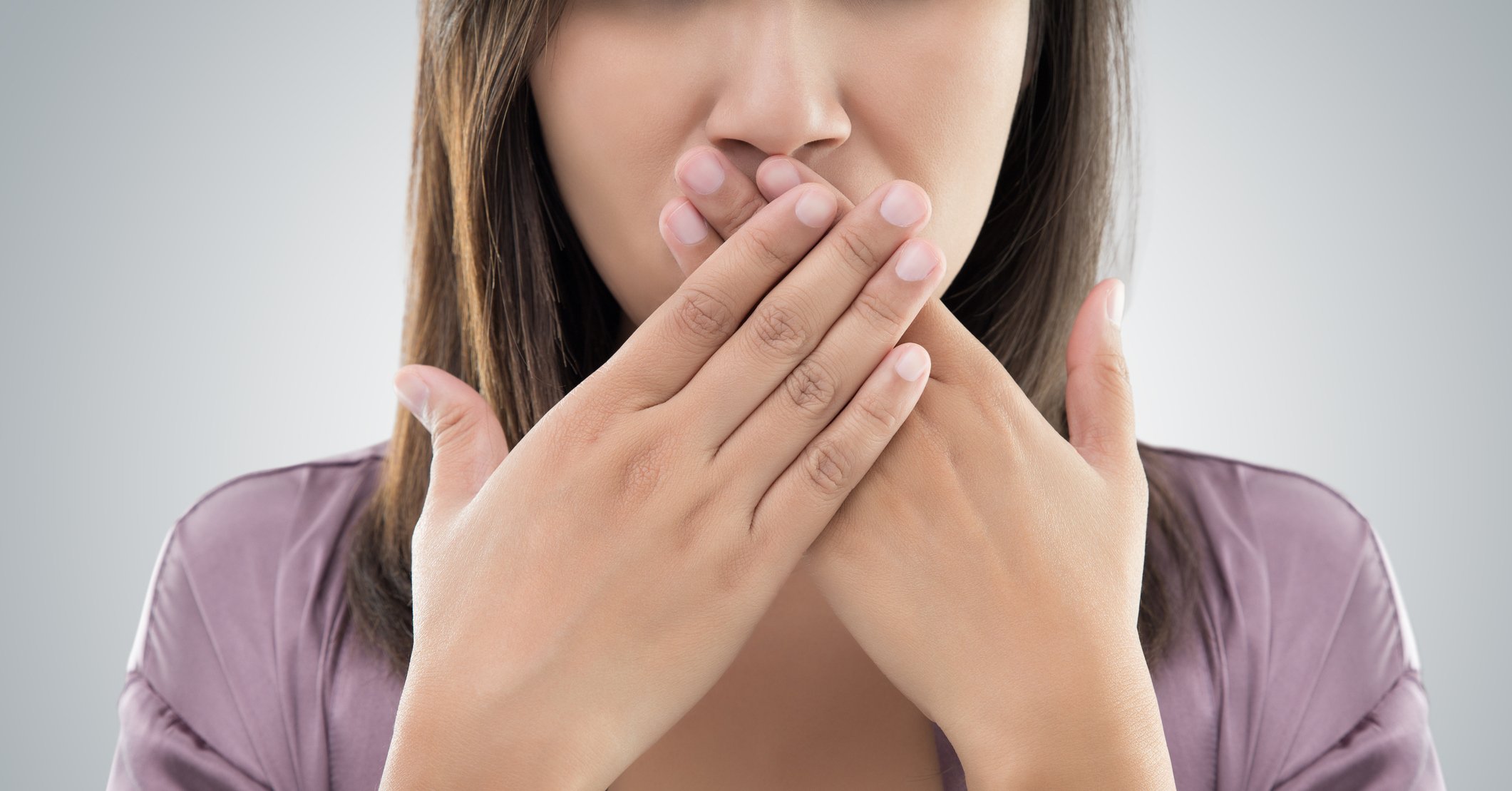
Understanding The Causes And Treatments Of Bad Breath

Bad breath, also known as halitosis, is a common issue that can be both embarrassing and concerning. Understanding its causes and available treatments is crucial for maintaining good oral hygiene and fresh breath.
Causes of Bad Breath
Poor Oral Hygiene
One of the primary causes of bad breath is poor oral hygiene. When you don't brush and floss regularly, food particles remain in your mouth, promoting bacterial growth. These bacteria produce sulfur compounds that cause unpleasant odors.
Dietary Choices
Certain foods can contribute to bad breath. Garlic, onions, and spicy foods are notorious for causing lingering smells. These foods are absorbed into the bloodstream and carried to the lungs, where they affect your breath.
Dry Mouth
Saliva helps cleanse your mouth by removing food particles and bacteria. A dry mouth, or xerostomia, can lead to bad breath because it allows bacteria to thrive. Dry mouth can be caused by medications, medical conditions, or simply sleeping with your mouth open.
Medical Conditions
Some medical conditions, such as sinus infections, diabetes, and gastrointestinal issues, can cause bad breath. In these cases, treating the underlying condition is essential to improving breath odor.
Smoking
Tobacco use is another significant cause of bad breath. Smoking not only leaves an unpleasant odor in your mouth but also contributes to gum disease, which can exacerbate halitosis.
Effective Treatments for Bad Breath
Good Oral Hygiene Practices
Maintaining excellent oral hygiene is the most effective way to prevent and treat bad breath. Brush your teeth at least twice a day, floss daily, and use an antibacterial mouthwash to kill bacteria. Don't forget to brush your tongue, as it can harbor bacteria.
Stay Hydrated
Drinking plenty of water helps keep your mouth moist and washes away food particles and bacteria. Chewing sugar-free gum can also stimulate saliva production and freshen your breath.
Dietary Adjustments
Avoid foods known to cause bad breath, and incorporate more fruits and vegetables into your diet. These foods help increase saliva flow and reduce the risk of dry mouth.
Regular Dental Check-ups
Visit your dentist regularly for professional cleanings and check-ups. Your dentist can identify and treat any dental issues that may be contributing to bad breath, such as gum disease or cavities.
Quit Smoking
If you smoke, quitting is one of the best things you can do for your breath and overall health. Seek support from healthcare professionals, support groups, or smoking cessation programs to help you quit.
Treat Underlying Medical Conditions
If a medical condition is causing your bad breath, work with your healthcare provider to manage it effectively. Treating conditions like diabetes or sinus infections can significantly improve your breath.
Use Breath Fresheners
While not a substitute for good oral hygiene, breath fresheners like mints and mouth sprays can provide temporary relief from bad breath. Choose sugar-free options to avoid promoting bacterial growth.
Find Dentist Near You - Dental Clinic in Sambalpur
Conclusion
Bad breath can be a distressing problem, but understanding its causes and implementing effective treatments can help you maintain fresh breath and confidence. By practicing good oral hygiene, making dietary changes, and addressing any underlying health issues, you can significantly reduce the occurrence of bad breath. Regular dental visits and a commitment to overall health are key to ensuring your breath stays fresh and pleasant.
Author Bio
Article Comments
No Comments!
At present there are zero comments on this article.
Why not be the first to make a comment?
Similar Articles
Search Pages
User Upgrade
account to full use of editor,
Including hyperlinks
Article Categories
There are zero sub-categories in this parent category.
There are zero sub-categories in this parent category.

















